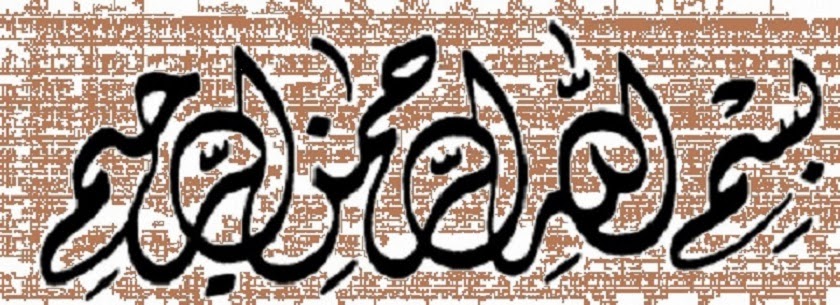Small traces of Istijmaar (dry cleaning of impurity
after relieving oneself) is overlooked of impurity in its place [end of text].
Al-Uthaymeen explains that the if Istijmaar has
done correctly according to the Shariah, and all its conditions have been
fulfilled (its details have already been posted) then traces of impurity that
may remain are overlooked, however with the Hanbalis - it is not considered as
being pure until washed properly.
The evidence for this is that the Prophet has
been authentically been reported to being sufficed with Istijmaar when
relieving himself after urine and defection.
So the impurity is not removed but is
overlooked and the person must perform Wudhoo in order to pray and his Salat is
correct. Even if he has traces of impurity left, this is overlooked.
A – the Hanbali Mahdab specified with the
wording ‘in its place’ – meaning if the impurity transgressing its place from
the place of origin, then this is not overlooked.
For example, if a person bled and the blood continued
to spread further than the cut such as it going on to his clothes, then this is
not overlooked.
This is because they didn’t view Istijmaar as being
a form of purification, the traces remain impure but its overlooked.
The correct view is that if Istijmaar is
completed properly, with its conditions, then it’s a form of purification and
the evidence is that the Prophet said that bones and animal waste, ‘Don’t
purify’.
So the fact that he prohibited in using bones
and animal waste and stated that they don’t purify, shows that what is permitted
to use for Istijmaar DOES purify.
Based on this, if the impurity spreads from its
place and the person does Isjtimaar on it then its purified.
This is from the leniency of the Shariah upon
the Ummah.
ash-Sharh al-Mumti, 1/446-447
And Allah Knows best
